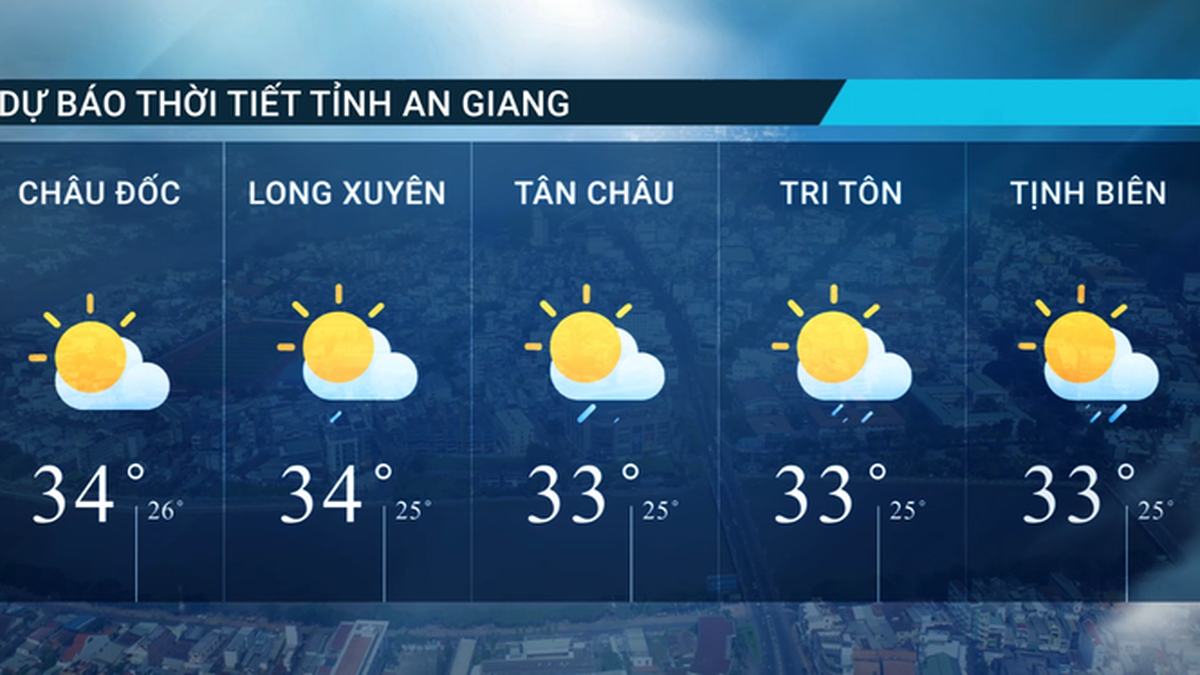Doctor CKI Tran Thi Minh Anh, Deputy Head of the Department of Neurology - Psychiatry, Thanh Hoa Children's Hospital examines a patient suspected of having Tic syndrome.
Taking her 5-year-old daughter to the Department of Neurology - Psychiatry, Thanh Hoa Children's Hospital, Ms. Dau Thi Nga, in Hac Thanh ward, said that her husband works far away, so there are only the three of them at home. After working hours, she picks up her children, turns on the TV and phone for them to watch, and cooks rice. She even uses the phone and TV to coax her second son to eat. Recently, she saw her eldest daughter blinking and twitching one eye involuntarily, sometimes mumbling to characters on Tiktok. At first, she thought it was just a passing action of a child, but the symptoms became more and more frequent, so she took a day off work to take her child to the doctor. The result was that her child had Tic syndrome. Here, the doctor explained clearly, prescribed medicine, and sent her home for treatment.
Recently, the Department of Neurology - Psychiatry has received many children for examination and treatment with symptoms such as: blinking, wrinkling the nose, shrugging the shoulders, wrinkling the forehead, shaking the head, jerking the jaw muscles or clicking the tongue, sighing, coughing, mumbling, clearing the throat, screaming due to Tic syndrome. Through the survey, most children with this syndrome spend a lot of time watching TV, using the phone. According to Dr. CKI Tran Thi Minh Anh, Deputy Head of the Department of Neurology - Psychiatry, Tic syndrome is an abnormal movement of the muscles, repeated uncontrollably. If it occurs in the motor muscles, it is called a motor Tic, manifested as blinking, wrinkling the nose, shrugging the shoulders, shaking the head, jerking the jaw muscles, patting the body, biting, jumping, stomping, spinning. Occurring in the respiratory muscles, it is called a vocal tic, manifested as sighing, coughing, grunting, clicking the tongue, clearing the throat, screaming, saying words or sentences that are repetitive and inappropriate to the context. Usually, children with tics are only taken to the doctor by their parents when they discover that they have tics in their eyes and it affects their learning.
It is difficult to determine the specific cause of Tic disorder in children, but in general, it is due to both genetic factors and living environment. Living environment factors can be due to substance abuse, stress and domestic violence; the effects of watching too much TV, phone, iPad, or playing video games. Watching too much TV, phone, iPad, or playing video games will stimulate and stress children, causing Tic to appear, increase, and last longer.
Tic disorder is common in children under 18 years old, severe at the age of 11 - 12. The frequency, intensity and duration of Tic in each child is different. About 65% of children with Tic will recover after 1 year, especially when entering puberty. However, about 35% of children with Tic need treatment. "In fact, Tic disorder is not too worrying. More worrying are the diseases that often accompany Tic, co-occurring mental disorders such as hyperactivity, attention deficit, compulsive disorder, language disorder, and activity disorder. Treatment of mental disorders related to disorders caused by internet "addiction" is very difficult. In which, drug therapy is not dominant. Psychological therapy, changing habits, separating children from the internet environment, reducing pressure on children's studies, and reducing stress in the family are the main factors" - Doctor CKI Tran Thi Minh Anh affirmed.
When suffering from language and psychological disorders, learning will be significantly worse, school pressure makes children self-conscious, not wanting to go to school. At the same time, children also lack activity, poor communication, have difficulty establishing social relationships, handling situations. All of these factors will become psychological sequelae that make it difficult for children to develop themselves. In addition, children's excessive use of televisions, phones, iPads connected to the internet also causes many injuries that are difficult to recover, affecting their whole life. Permanent damage or difficulty in treating eye-related diseases; neck pain, cervical spondylosis; cervical spine muscle stiffness syndrome, increased rate of hunchback, scoliosis; damage to thumb joints; increased risk of infection due to weakened body and virus infection on phones and computers; mobile phone radiation can reduce sperm count, causing infertility in men; sleep disorders, prolonged headaches, depression.
To overcome this situation, the simplest way is for parents to cleverly help their children stay away from TV and phones. If children are addicted to phones, play for many hours every day, cry, and act violently when their devices are taken away, parents should gradually reduce their use. Doctor CKI Tran Thi Minh Anh said: “Parents do not necessarily have to force their children to stay away from phones completely, but limit them as much as possible. If before, children played on phones for 2 hours every day, parents should gradually reduce it to one hour and continue to reduce it even more. Let children go to school early and actively participate in cultural, artistic, and sports activities so that children can interact and integrate. If this habit is maintained, the condition of eye twitching and jaw muscle twitching in children will gradually decrease and disappear completely.”
However, the female doctor also recommends that if parents have adjusted and balanced their child's smartphone usage time but the eye blinking and jaw twitching do not improve, persist or worsen, they should take the child to a pediatric hospital to have their condition examined. The effectiveness of treatment for children with psychological disorders depends largely on early detection of the child's disorders for intervention.
Article and photos: Tang Thuy
Source: https://baothanhhoa.vn/tre-mac-hoi-chung-tic-nbsp-do-xem-nhieu-tivi-dien-thoai-256642.htm


































































































Comment (0)